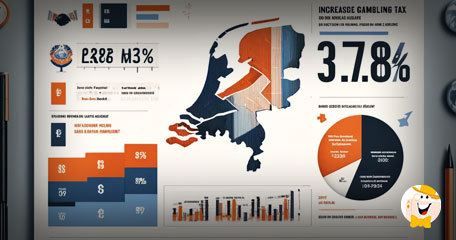Bussiness
6 Reasons Why Big Businesses Need Small Businesses

Young happy confident businesspeople, owners of a small company and a new business, satisfied and … [+]
As an advisor to small businesses and entrepreneurs, I too often hear the desire to be a big company. I have to remind owners that there are advantages to being small, and in fact, many large companies leaders wish their business was small again, to let them be more focused on their customer needs and their own satisfaction, rather than constant pressure from investors.
The challenge of every business is to capitalize on strengths, stay healthy, and achieve success. I recently was impressed by a summary of these challenges in a new book, “Small Business, Big Success,” by Cynthia Kay. She is the founder of an award-winning media production and communications consulting firm and has worked extensively with both large and small companies.
She starts by highlighting the top reasons why we both believe that big businesses normally like small companies, and actually look to them as complementary to their needs. I will paraphrase these reasons here, adding my own insights, and I recommend that every small business owner orient their strategy and action plans along these lines:
1. Small businesses are easy to do business with. They don’t have complicated processes and procedures that have to be adhered to. Also, small businesses are not likely to have a whole legal staff that wants to negotiate every point of a new contract. Customers of all sizes can easily establish a relationship with key decision makers.
2. Organizations are flexible to new requirements. They can move schedules around, assign people to step in when needed, and don’t have an 8-5 mentality. Small companies know they must adapt to competitive business environments and practices in terms of technology, structure, work organization, and human resource management all at once.
3. Can change course when needed without delay. If the scope of a project or customer relationship changes, there is no need to negotiate with endless gatekeepers to get the approvals required to keep from stalling the work. Work delays can damage a big company’s reputation with any customer, and other stakeholders could be disillusioned or impacted.
4. Bring big businesses great new ideas. Small businesses are closer to customers and are always looking for new opportunities or solution innovations. They are not so wed to the way things have always been done, and thrive on new solutions, services, or business model ideas. Historically, most new ideas are sourced from small businesses.
5. Have a “can-do” mentality at all levels. Because the teams are small, they don’t have the luxury of experts to do any given task. They are willing to take on any challenge, and accept that mistakes are inevitable, but don’t have to be accepted as failures. Mistakes are opportunities to learn, improve, and grow, instead of dwelling on what went wrong.
6. Teams are “lean” so provide value at low cost. Small-business owners always spend client’s money as if it were their own, and don’t ever want to waste scarce resources. Big clients appreciate that and rely on their relationships with small partners to keep everyone focused on key issues. These lean teams take pride in their skills and high productivity.
Despite these points, I recognize there has often been a love/hate relationship between small business and big business. Big companies get tired of being called slow and inefficient, while small-business owners often feel that big business gets all the breaks, special treatment, and legislation to help them compete. I urge both to not let emotions interfere with business opportunities and relationships.
I assure you that if you do the things outlined here while you are small, you will be attractive to larger businesses and clients. Your odds of succeeding will increase, whether your long-term strategy is to stay small, or continue to grow and compete with the larger businesses out there.
We need both, working hand-in-hand, to satisfy the rapidly changing needs of today’s world-wide economy.










